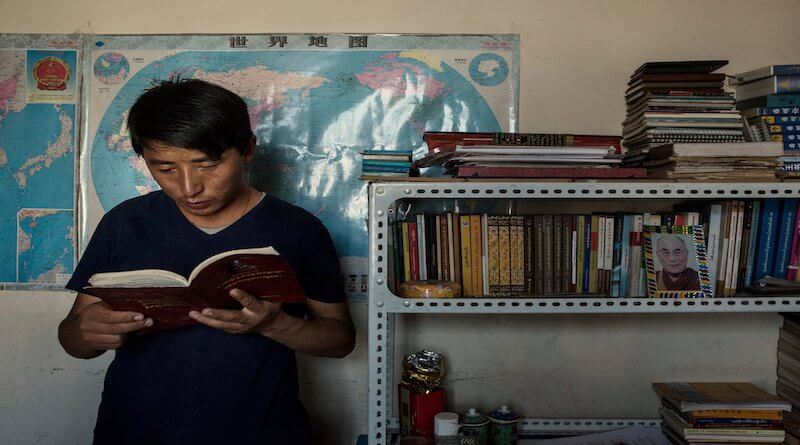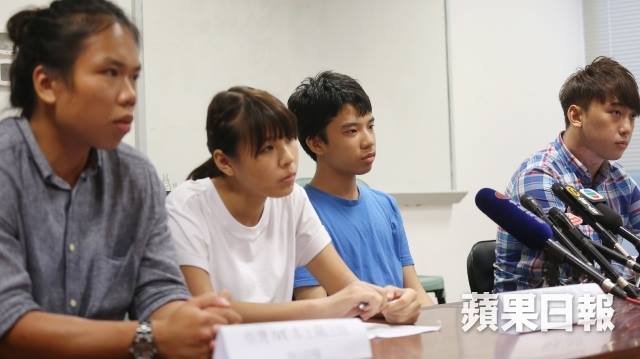Tashi Wangchuk sentenced to 5 years in prison by China
 DHARAMSALA, May 22: Tibetan language advocate, Tashi Wangchuk has been sentenced to five years in prison on charges of ‘inciting separatism’ by a Chinese court.
DHARAMSALA, May 22: Tibetan language advocate, Tashi Wangchuk has been sentenced to five years in prison on charges of ‘inciting separatism’ by a Chinese court.
Tashi Wangchuk’s only crime was that he sought to promote Tibetan language education, which is guaranteed under the Chinese and international law and to use Chinese law to pressure officials to faithfully implement Tibetan language rights in a New York Times documentary.
A Chinese judge at the Intermediate Court in Jyekundo Tibetan Autonomous Prefecture has announced the verdict earlier today, reports The New York Times.
According to the report, just two members of Tashi’s family were allowed in to hear the verdict by the Chinese court and Liang Xiaojun and Lin Qilei, the defence lawyers of Tashi were informed about the sentence by his parents.
The Tibetan language advocate stood trial in January earlier this year and pleaded not guilty. The trial ended without a verdict. Tashi has informed his lawyers prior to his sentencing that he will appeal if he is found guilty by the court.
“Tashi already told us before the verdict that he wanted to appeal if he was found guilty,” Mr Lin has said in the report.
The Tibetan language advocate will be due for release in early 2021, His lawyers said as his prison term will start from the time of his arrest.
Human rights groups who have long criticised the Chinese government for using the broad charges of “separatism” and “subversion” to target ethnic minorities such as Tibetans and Uyghurs have condemned the verdict.
The accused in such cases are more often than not convicted and sentenced to prison by the Communist regime in China.
The 32-yr-old Tibetan language advocate was arrested by the Yushu police on Jan 27, 2016, two months after the publication of his video and the first article on The New York Times about his language rights campaign for the Tibetan people, wherein he called for Tibetan language education to be taught in schools across Tibet. After his arrest, the Chinese authorities held him in pre-trial detention for nearly two years without any access to his family.






